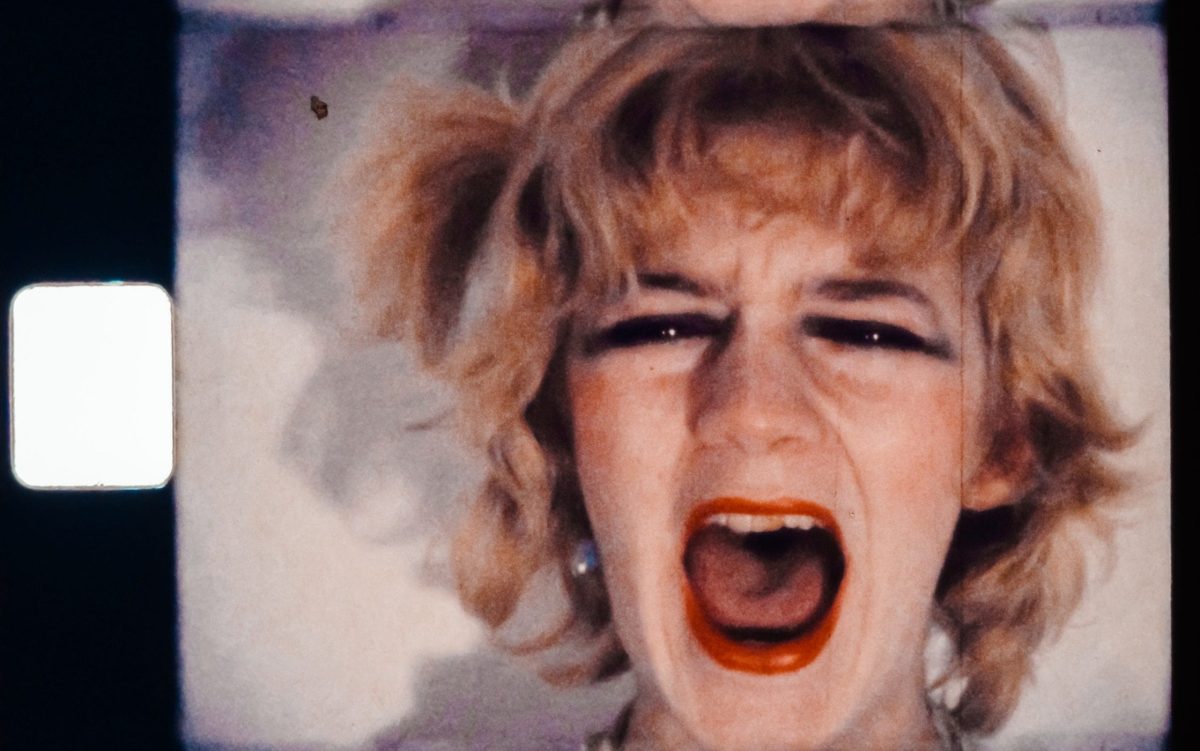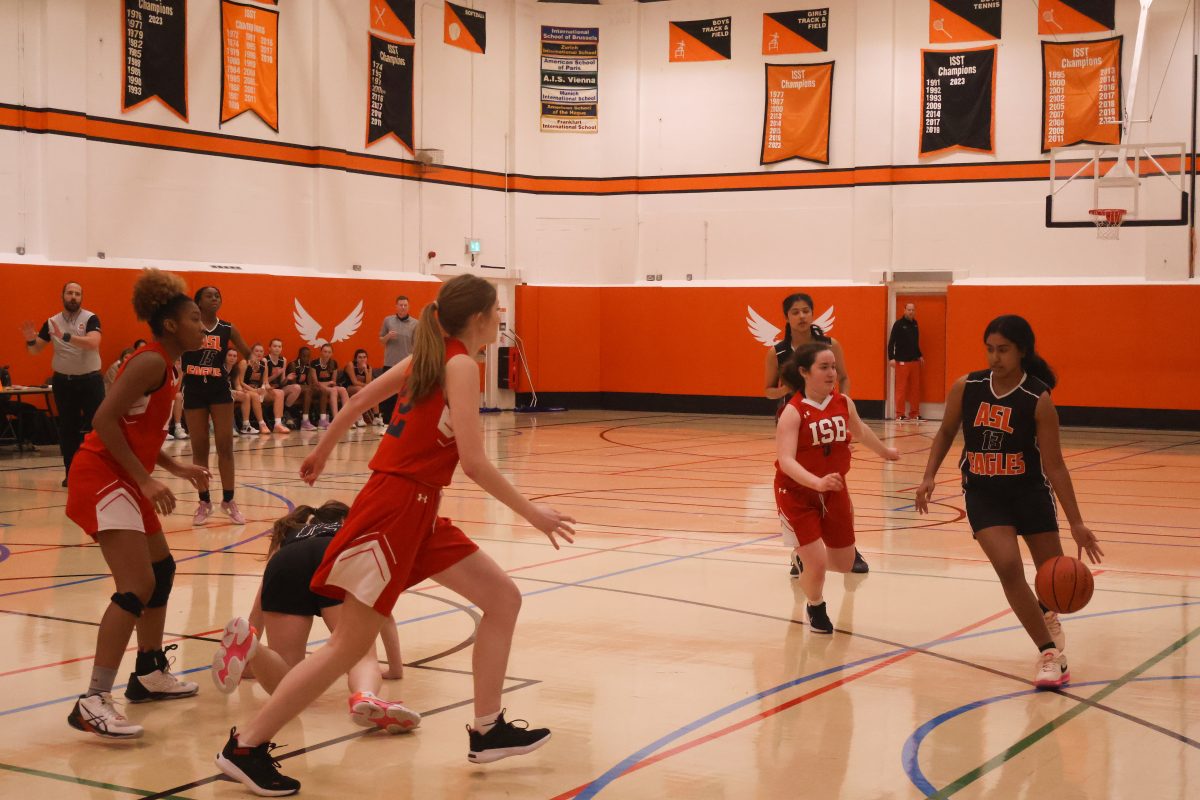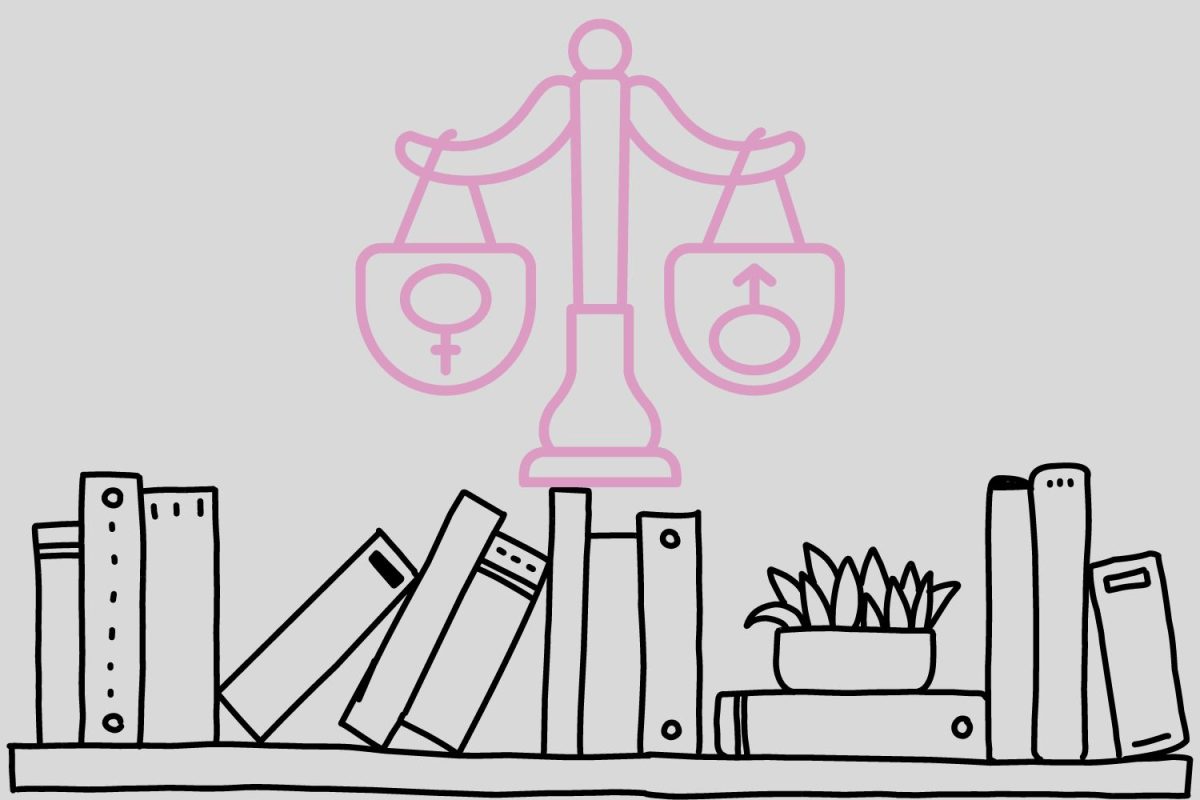Ralph* has been pirating everything from music to applications, such as Adobe Photoshop and Adobe InDesign, since Grade 5. “I hardly buy anything on the internet at this point,” he said.
For Ralph, the idea of paying £205 annually for Photoshop or £233 for InDesign is “not fair.”
“I think it is OK for me to pirate online if [companies] are just ripping me off for these applications that I need,” he said.
When it comes to streaming sports, Landon* shares the same viewpoint with Ralph, that the cost is too high for services such as National Hockey League (NHL) GameCenter or National Basketball Association (NBA) League Pass. “I feel as if [the NBA and NHL] should definitely change this as they charge $130 per package which is ridiculous, so unless [students] ask their parents for the money, we cannot afford it,” he said.
Clara* started off pirating music using video to MP3 downloaders to transfer music off of the internet for free. However, she has now moved on to streaming TV shows and movies.
Ralph has also pirated music extensively. “My whole iTunes library is comprised of pirated music. The library itself is worth over $2,000,” Ralph said. To put that number into perspective, Ralph’s pirated iTunes library is worth the same as a 15-inch Macbook Pro with Retina Display ($1,999 plus tax).
High School Technology Coordinator Mariam Mathew agrees that a main motivation behind pirating is the cost, and that is especially prevalent among young people. “Students don’t make any money normally, other than money they get from their parents or small jobs that they get. So money is at a premium for most people under 21-22, so that’s why you probably see a higher proportion of [young people] doing it,” she said.
In a poll conducted by The Standard of 128 High School students, 54 percent said they have illegally downloaded music. While 13 percent of people have not illegally streamed movies, TV shows, or sports. Austin* echoed this data as he believes pirating is “widespread” throughout the High School.
In addition to the prevalent culture of illegally downloading music, the tendency to stream live sporting events is on the rise too.
Due to the fact that there are no live Premier League broadcasts in the U.K. during Saturday’s 3 p.m. kickoffs, soccer fanatics such as Landon, resort to live streaming.
“I discovered [live streaming] around halfway through Grade 10 because I needed to watch a soccer match that was not shown on TV,” Landon said. “I like listening to Gillette Soccer Saturday, but it’s only commentary. I feel as if going online takes me to a new world of sports broadcasting.”
While pirating is the downloading of products illegally, streaming is the viewing of media online on a web browser, which does not involve any form of downloading.
Mathew believes that a key motivation behind pirating is that people do not feel obligated to pay for something virtual. “I think it’s the idea that if it’s this thing that doesn’t have a physicality then [the internet users] don’t need to pay for it.”
While what Ralph has done is not legal he is not worried about getting caught. “I’m smart about how I pirate, and I don’t leave an electronic trail for people to track me,” Ralph said.
Ralph only uses common torrent sites and consults the comment sections for the reliability of the torrent before downloading it himself.
Landon agrees, “I don’t worry too much about the legality of it. I know that it’s not technically legal, but no one has ever been imprisoned for streaming sports.”
Austin too not worried about getting caught. “[Movie streaming] is just so minor, even the worst thing that happens is that [internet service providers or the government] sends a letter to your house.”
From a moral standpoint, Clara doesn’t feel morally obligated to pay for movies or music. Part of the reason Clara does not feel obligated to pay for music is because a lot of the artists she torrents from live well-off and are popular artists who don’t necessarily need her financial support.
Clara also believes musicians make music for their fans to enjoy not to make money out of them. “The reason why artists make music is for their fans. I don’t feel obligated to pay for something that was meant for me in the first place.”
Mathew thinks that fixing piracy will be a challenge, but it is realistic. With piracy being such a simple crime with few legal implications, Mathew believes “the technology will come up to a certain level, the laws will catch up to things, or we will make a choice and actually pay for things we believe we should as a society.”







